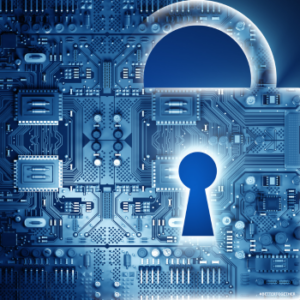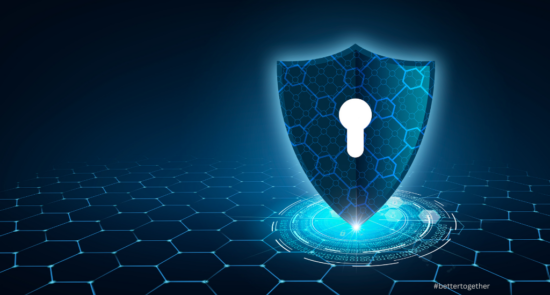Cybersecurity for women in business is critical, now more than ever.
Cybersecurity is not just a man’s problem. Women in business, and everyone really, must be aware of and proactive about their online safety and privacy. The FBI’s Internet Crime Report 2023 showed a 10% increase in reported cybercrime complaints from 2022, with potential losses rising to $12.5 billion from $10.3 billion.
Some sources place the 2023 cyber security cost around $320 billion for the US, with projections exceeding $350 billion in 2024. It’s interesting to note that both men and women fall victim to cybercrime. Men may be more likely to experience certain types of cybercrime, such as phishing scams and malware attacks. Cybersecurity for women is particularly important because they tend to be the victims of more violent crimes than men on average unfortunately. Women are disproportionately affected by online harassment and cyberstalking. This can have serious emotional and psychological consequences.
exceeding $350 billion in 2024. It’s interesting to note that both men and women fall victim to cybercrime. Men may be more likely to experience certain types of cybercrime, such as phishing scams and malware attacks. Cybersecurity for women is particularly important because they tend to be the victims of more violent crimes than men on average unfortunately. Women are disproportionately affected by online harassment and cyberstalking. This can have serious emotional and psychological consequences.
Security issues women are particularly vulnerable to online include
- Cyberstalking and harassment: Women are disproportionately targeted for online harassment, stalking, and threats.
- Doxing: Doxing involves revealing private information online, which can lead to real-world harm.
- Online impersonation: Someone might create fake profiles using your photos and information, leading to fraud and reputation management issues that can be very hard, right, or reverse.
- Revenge porn: This is the non-consensual sharing of intimate images.
How you can take action
Cybersecurity for women in business, or anyone really can be reduced or prevented by taking actions to protect yourself online and digitally. You can make a difference by
- Reporting abuse: If you experience online harassment or abuse, report it to the platform and consider contacting law enforcement.
- Securing all your devices: Tablets, phones, laptops, desktops, any electronic you are entering password information into really. Use strong passwords, enable two-factor authentication, and install security software.
- Be aware of your digital footprint: Regularly search for yourself online to see publicly available information.
- Educate yourself: Stay informed about cybersecurity threats and best practices. There are many online resources available.
It can be scary and overwhelming. If you’re unsure where to start when protecting yourself against cyber security threats, a good place to start is with the basics.
The Basics of online security include
- Using Strong Passwords: Use unique, complex passwords for every account. A password manager can help you generate and store them securely.
- Performing Regular Software Updates: Keep your operating system, apps, and browsers updated. Updates often include security patches.
- Beware of Phishing Scams: Don’t click on links or attachments from unknown senders, and be wary of emails, texts, or calls asking for personal information.
- Securing your WIFI as a priority: Use a strong password for your home Wi-Fi and avoid using public Wi-Fi for sensitive activities like online banking.
- Being Smart on Social Media: This means being mindful of what you share online. Review your privacy settings and be cautious about accepting friend requests from strangers.
Additional Resources related to Cyber Security Include
- CISA Cisa Provides information on cybersecurity best practices, detecting misinformation, and securing communities. Organizations can report cyber incidents to CISA 24/7 at report@cisa.gov or 1-844-Say-CISA.
- Stay Safe Online: www.staysafeonline.org – Provides resources and tips on online safety.
- The Women’s Society of Cyberjutsu (WSC): www.womenscyberjutsu.org – WSC is a non-profit organization dedicated to empowering women in cybersecurity.
Remember, cybersecurity is everyone’s responsibility. By taking some basic precautions and staying informed, every woman in business can help keep herself, her family and her business protected online more safely.
Cybersecurity is a growing concern for everybody. If you’re interested in learning more about how you can protect yourself online, contact us, with the subject line “I want to be more secure online” and we’ll respond with additional resources.
